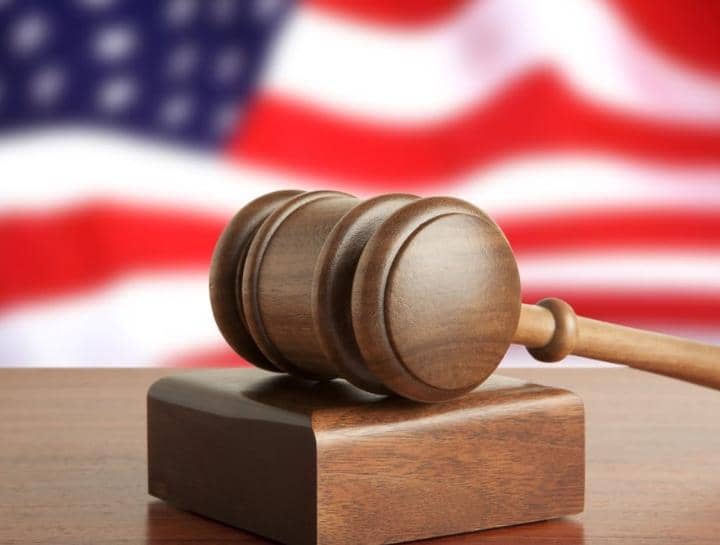The US Supreme Court has declined to grant President Donald Trump’s request to immediately fire the head of a federal watchdog agency, delaying its decision while legal proceedings continue.
Diaspora digital media (DDM) gathered that this ruling follows a lower court judge’s temporary block on Trump’s attempt to remove Hampton Dellinger from his position as head of the Office of Special Counsel (OSC).
The OSC is an independent agency responsible for protecting government whistleblowers from retaliation and ensuring accountability within the federal government.
This case marks the first legal challenge involving Trump’s presidential actions to reach the US Supreme Court since he returned to office for a second term in January.
The US Supreme Court, which has a 6-3 conservative majority—including three justices appointed by Trump during his first term—chose to delay its decision.
It announced that it would postpone action on the Justice Department’s request to lift the lower court’s order until February 26.
Dellinger’s legal battle began on February 7, when he received an email notifying him of his immediate dismissal from his position.
The email provided no explanation for Trump’s decision to remove him from office.
Dellinger responded by filing a lawsuit, arguing that Trump had overstepped his authority in attempting to fire him.
Federal law states that the head of the US Office of Special Counsel can only be dismissed for inefficiency, neglect of duty, or malfeasance.
On February 12, US District Judge Amy Berman Jackson issued a temporary restraining order restoring Dellinger to his position.
The judge’s ruling prevented the administration from enforcing his dismissal while legal proceedings continued.
Following this ruling, the Justice Department appealed to the US Supreme Court, seeking an immediate reversal of the restraining order.
However, the court chose not to intervene at this stage, effectively allowing Dellinger to remain in his role for now.
The decision to delay action was not unanimous, as two conservative justices, Neil Gorsuch and Samuel Alito, dissented.
Their dissent reflects ongoing divisions within the judiciary over the extent of presidential authority over independent agencies.
The Office of Special Counsel plays a crucial role in investigating whistleblower complaints and enforcing protections for federal employees.
Dellinger’s removal has sparked concerns among government watchdogs and advocacy groups about the potential weakening of whistleblower protections.
Many fear that Trump’s move to dismiss Dellinger is part of a broader strategy to exert greater control over independent agencies.
During his first term, Trump often clashed with leaders of independent agencies and sought to reshape them by replacing officials with his own appointees.
His attempt to fire Dellinger suggests that he is continuing this approach during his second term.
Legal experts argue that this case raises significant constitutional questions about the limits of presidential power.
If the US Supreme Court ultimately sides with Trump, it could set a precedent allowing presidents to dismiss independent agency heads at will.
Such a ruling could significantly diminish the independence of federal watchdog agencies tasked with overseeing government integrity.
For now, the court’s decision to delay action means that Dellinger will remain in his position at least until February 26.
That is the date when Judge Jackson’s restraining order is set to expire, unless further legal action is taken.
The outcome of this case could have far-reaching implications for the balance of power between the executive branch and independent agencies in the US.
As the legal battle continues, all eyes are on the US supremee Courst, which will determine whether to uphold the independence of federal watchdogs.
A decision in Trump’s favor could expand presidential authority, allowing greater influence over agencies meant to operate independently of political pressure.
The ruling will likely shape how future presidents interact with federal oversight bodies and could redefine executive power in the US government.



